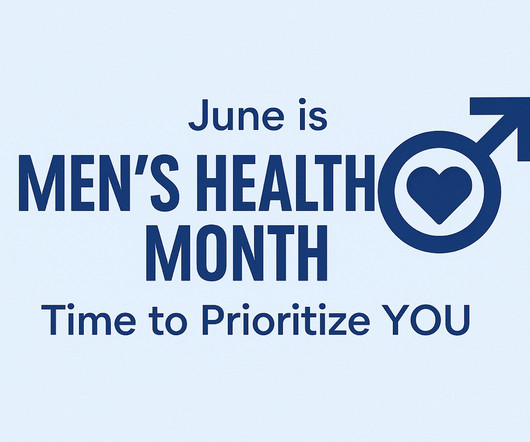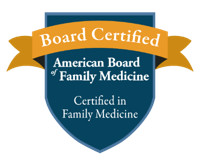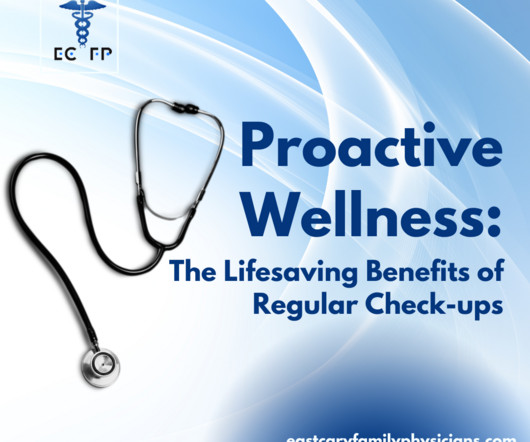Because your health matters
Family Physicians of Cedar Rapids
JUNE 6, 2025
But the truth is, taking care of yourself isn’t a sign of weakness, it’s a sign of strength. Preventive care, early screenings, and routine check-ups can help catch issues early, improve energy, and protect your future.












Let's personalize your content